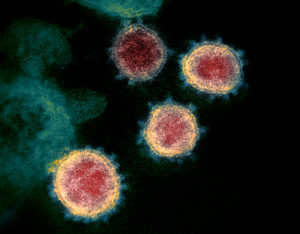 Well, this is interesting.... Saline nasal rinses (which are popular among persons with sinus issues) apparently is very helpful if one gets COVID-19. A recent study found that starting daily saline rinses two times per day after COVID-19 symptoms start, significantly lowers the risk of hospitalization and death from COVID-19.
Well, this is interesting.... Saline nasal rinses (which are popular among persons with sinus issues) apparently is very helpful if one gets COVID-19. A recent study found that starting daily saline rinses two times per day after COVID-19 symptoms start, significantly lowers the risk of hospitalization and death from COVID-19.
To make your own saline nasal rinse: mix 1/2 teaspoon each of baking soda and salt in a cup of bottled or boiled (and then cooled) water. Put it into a saline rinse bottle or nasal bulb syringe and use.
In the study, among persons who did nasal saline rinses - less than 1.3% of the 79 study subjects age 55 and older who enrolled within 24-hours of testing positive for COVID-19 experienced hospitalization. No one died. Symptoms also resolved faster.
Among persons who didn't do nasal saline rinses: 9.47% of patients were hospitalized and 1.5% died in a similar group during the same time frame (Sept. 24 and Dec. 21, 2020).
By the way, all persons in the study were 55 or older, and had preexisting medical conditions such as obesity. Also, adding iodine to the nasal rinses did not make a difference. Plain saline rinses were sufficient.
From Medical Xpress: Twice-daily nasal irrigation reduces COVID-related illness, death
Starting twice daily flushing of the mucus-lined nasal cavity with a mild saline solution soon after testing positive for COVID-19 can significantly reduce hospitalization and death, investigators report. ...continue reading "Saline Nasal Rinses Reduce COVID Hospitalizations And Death"

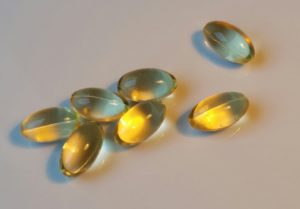 More studies are finding that supplementing with vitamin D is not living up to its original promise - that is, as a supplement that can prevent or treat all sorts of health conditions. Two recent large studies found that daily vitamin D supplementation in persons with or without a vitamin D deficiency didn't reduce the risk of getting COVID-19.
More studies are finding that supplementing with vitamin D is not living up to its original promise - that is, as a supplement that can prevent or treat all sorts of health conditions. Two recent large studies found that daily vitamin D supplementation in persons with or without a vitamin D deficiency didn't reduce the risk of getting COVID-19.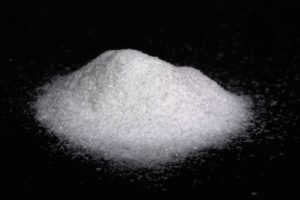 Another recent study found that consuming artificial sweeteners do harm. In August a study found that artificial sweeteners alter both
Another recent study found that consuming artificial sweeteners do harm. In August a study found that artificial sweeteners alter both  Once again, bad news about ultra-processed foods. American adults eat so much ultra-processed food that it's now about 57% of their daily calories. It's because these foods are convenient, durable, available everywhere, taste good, and frequently are less expensive than whole foods.
Once again, bad news about ultra-processed foods. American adults eat so much ultra-processed food that it's now about 57% of their daily calories. It's because these foods are convenient, durable, available everywhere, taste good, and frequently are less expensive than whole foods. Finally, it looks like soon everyone will be able to read the published scientific research articles that were funded by US taxpayer dollars. Instead of being behind a journal's "paywall" - which means you have to pay money to read the article (e.g. $40. !!), we will be able to read it for free.
Finally, it looks like soon everyone will be able to read the published scientific research articles that were funded by US taxpayer dollars. Instead of being behind a journal's "paywall" - which means you have to pay money to read the article (e.g. $40. !!), we will be able to read it for free.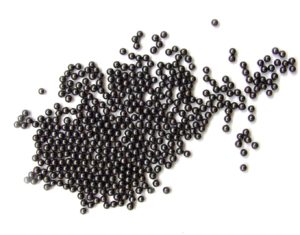
 For a long time we thought that our genes determine how long we will live (longevity). A new study says not so fast - how we live is more important than our genes. Specifically, how much physical activity and sedentary time (time spent sitting) both have an effect on whether we die early or later, no matter our genetic make-up.
For a long time we thought that our genes determine how long we will live (longevity). A new study says not so fast - how we live is more important than our genes. Specifically, how much physical activity and sedentary time (time spent sitting) both have an effect on whether we die early or later, no matter our genetic make-up.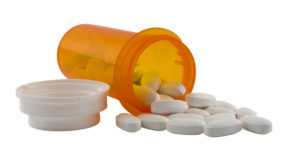 Hair loss is a huge concern among adults, especially as they age. This week the NY Times printed an article about an inexpensive medicine that works amazingly well to restore hair. The treatment is to take a small dose of minoxidil daily and this results in hair growth.
Hair loss is a huge concern among adults, especially as they age. This week the NY Times printed an article about an inexpensive medicine that works amazingly well to restore hair. The treatment is to take a small dose of minoxidil daily and this results in hair growth.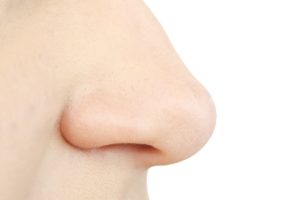 This month a number of persons asked me about the probiotic Lactococcus lactis (in Probiorinse) and whether it works. This product is marketed to people with sinusitis or sinus infections, with the message that it improves the sinus microbiome and sinus health. Does it?
This month a number of persons asked me about the probiotic Lactococcus lactis (in Probiorinse) and whether it works. This product is marketed to people with sinusitis or sinus infections, with the message that it improves the sinus microbiome and sinus health. Does it?